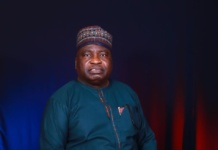By Milton Tella – The impact of British African workers and all other dedicated workers of the NHS cannot be overemphasised as the institution marks 70.
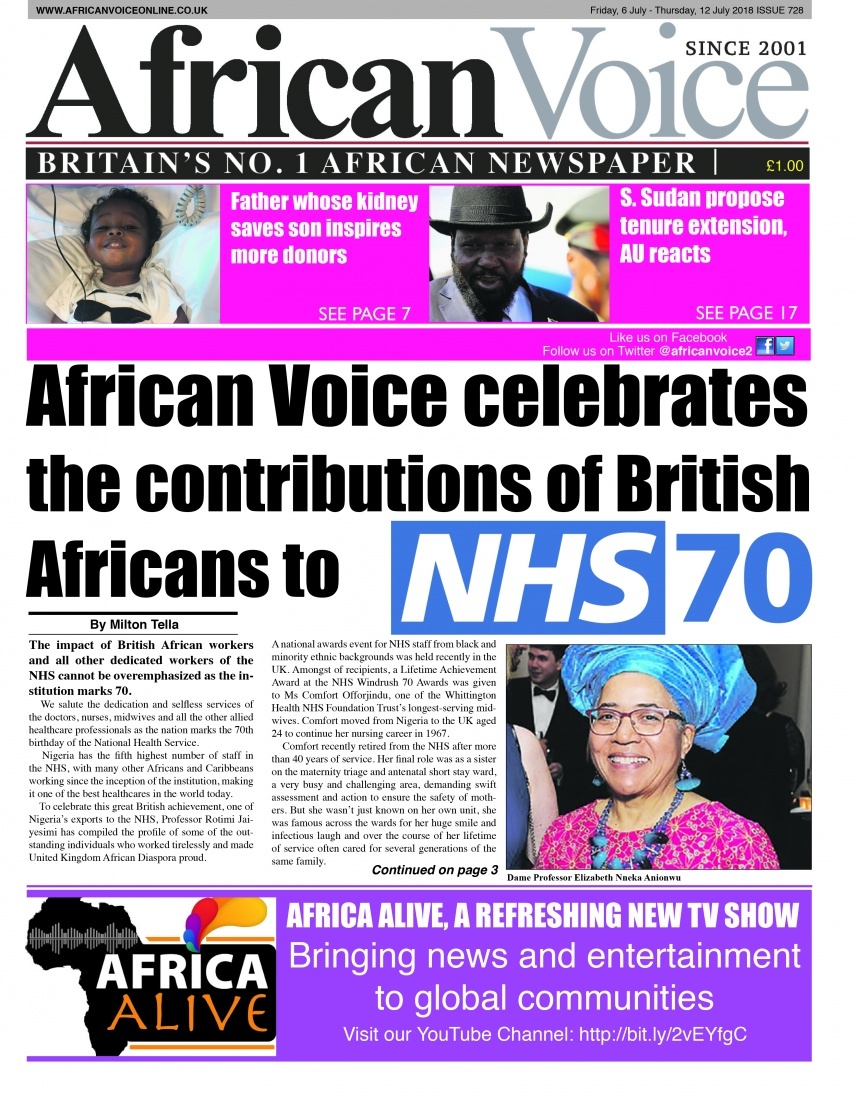 We salute the dedication and selfless services of the doctors, nurses, midwives and all the other allied healthcare professionals as the nation marks the 70th birthday of the National Health Service.
We salute the dedication and selfless services of the doctors, nurses, midwives and all the other allied healthcare professionals as the nation marks the 70th birthday of the National Health Service.
Nigeria has the fifth highest number of staff in the NHS, with many other Africans and Caribbeans working since the inception of the institution, making it one of the best healthcares in the world today.
A national awards event for NHS staff from black and minority ethnic backgrounds was held recently in the UK. Amongst other recipients, a Lifetime Achievement Award at the NHS Windrush 70 Awards was given to Ms Comfort Offorjindu, one of the Whittington Health NHS Foundation Trust’s longest-serving midwives. Comfort moved from Nigeria to the UK aged 24 to continue her nursing career in 1967.
Comfort recently retired from the NHS after more than 40 years of service. Her final role was as a sister on the maternity triage and antenatal short stay ward, a very busy and challenging area, demanding swift assessment and action to ensure the safety of mothers. But she wasn’t just known on her own unit, she was famous across the wards for her huge smile and infectious laugh and over the course of her lifetime of service often cared for several generations of the same family.
Comfort was born in Nigeria before moving to the UK where she began her service to the NHS in Birmingham before moving to work at the City of London Maternity Hospital then later joining the team at “The Whitt”.
To celebrate this great British achievement, one of Nigeria’s exports to the NHS, Professor Rotimi Jaiyesimi has compiled the profile of some of the outstanding individuals who worked tirelessly and made United Kingdom African Diaspora proud.
Nigerians and the National Health Service at 70 years, a report by Professor Rotimi Jaiyesimi.
The National Health Service established in 1948 celebrates its 70th anniversary. At its inception, it served as a training resource for healthcare professional from the then British Empire. Doctors, Nurses and allied health professionals came from Nigeria to the United Kingdom for training in basic and post graduate courses leading to degrees. In addition we had pharmacists, nurses, doctors and hospital administrators who came to the United Kingdom for training.
Nigeria was under British colonial rule between the inception of the NHS and 1960. Nigerians trained in this time period and in the post-independence returned back home to work in Nigerian hospitals and health centres. It goes without saying that while being trained, these Nigerians rendered services to the NHS.
Medicine
These included late Professor T Adeoye Lambo who set up Aro Hospital Abeokuta (Birmingham graduate, 1949, psychiatry), Late Dr Bayo Banjo (Newcastle graduate, Nigeria’s first radiologist), Professor Isaac Sodeye (haematology),
Professor O Akinkugbe (medicine), Professor Kesley Harrison (obstetrics and gynaecology), Professor Wole Akande (obstetrics and gynaecology), Professor Oladapo Ladipo (obstetrics and gynaecology) are notable living Nigerians who served the NHS.
Nursing
Late Mrs Kofoworola Pratt (qualified in 1950) was the first black nurse to work in Britain’s National Health Service and she later became and the first black Chief Nursing Officer of Nigeria. Following in her footsteps were late Mrs Agbeja, late Mrs Fasuyi and late Mrs Regina Ayoola Jaiyesimi among others.
With social migration, the United Kingdom has seen an increase in second and third generation Nigerians living and working in the four nations. It is estimated that there are about 4000 Nigerian doctors in the UK and over 3000 nurses and midwives.
Contemporary contributions to the NHS by Nigerians
Nigeria has the fifth highest number of staff in the NHS. There are many unsung heroes but time and space will not permit the publication of all that are worth mentioning. We have chosen a few Nigerians who have made an impact on contemporary practice in the United Kingdom.
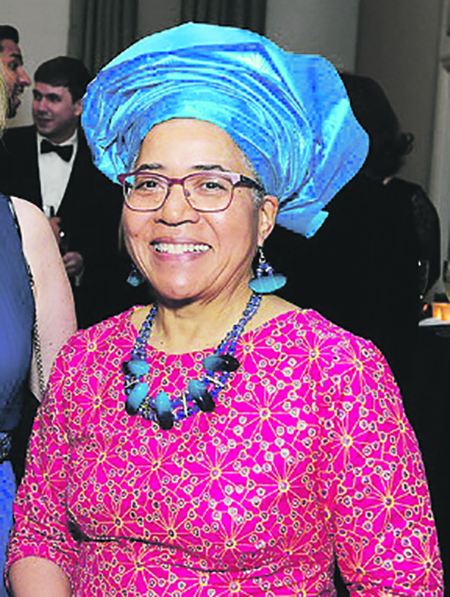
Dame Professor Elizabeth Nneka Anionwu was born of Irish and Nigerian parents. A nurse by profession, she worked with others to create the first UK Sickle Cell and Thalassemia counselling centre in the UK in 1979. She helped create the Mary Seacole Centre for Nursing Practice at the University of West London. She was honoured by the Queen and appointed a Dame Commander of the Order of the British Empire.

Professor Dilly Okeoma C. Anumba, a graduate of the University of Benin is the first Nigerian to be appointed as Professor of Obstetrics and Gynaecology in 2012. Prof. Anumba has published over 150 peer-reviewed journal papers and abstracts in medical journals, and book chapters on topics relating to pregnancy care and Women’s health. A seasoned researcher, he has attracted over one million pounds of research income to the University of Sheffield. He and his team developed new technologies to identify women at risk of premature births.
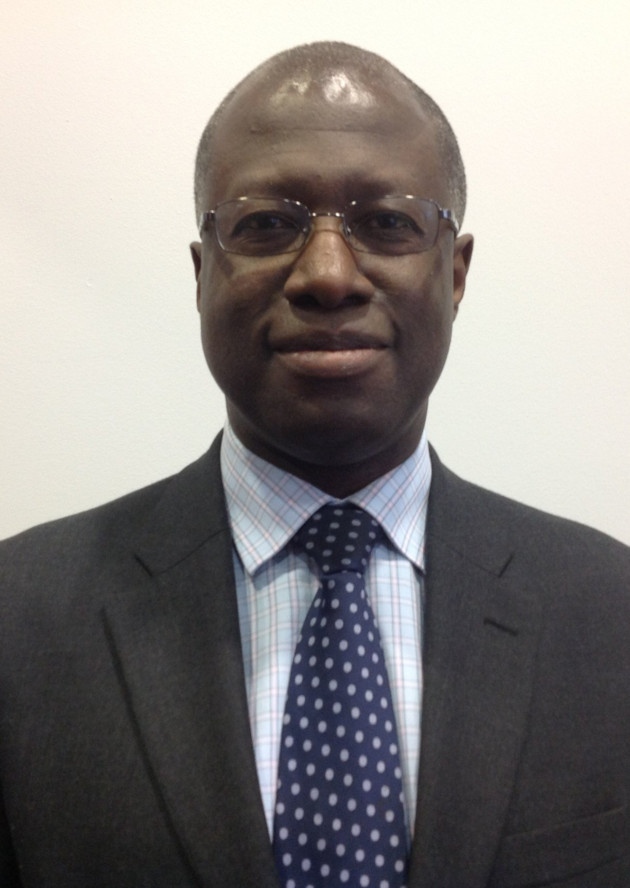
Professor Frank Chinegwundoh is Consultant Urological Surgeon at Barts Health NHS Trust and was in 2014 appointed Honorary Visiting Professor at City University London, School of Health Sciences. He was awarded the member of the British Empire (MBE) in the Queen’s birthday honours list 2013, for services to the NHS. African Organisation for Research & Training in Cancer (AORTIC) vice-president Europe 2018.
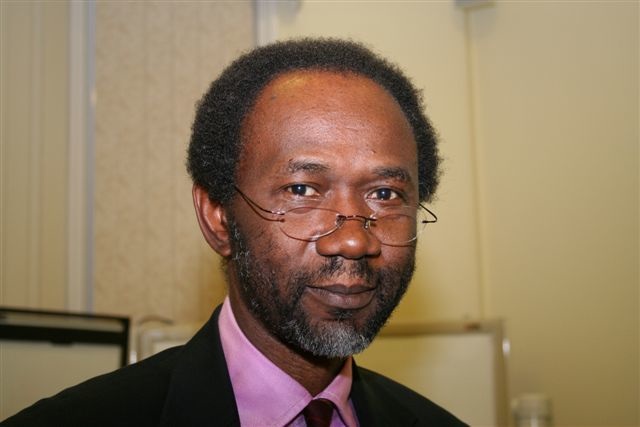
Professor Femi Oyebode
A 1977 University of Ibadan graduate is professor of psychiatry at Birmingham University. He is author of Sims’ Symptoms in the Mind (5th edition) and seven books of poetry, including Master of the Leopard Hunt (1996). His research interests include clinical psychopathology, medical humanities, the application of ethics to psychiatric practice, and neuropsychological and neural correlates of abnormal phenomena. In 2016 he received a lifetime achievement award from the Royal College of Psychiatrists.
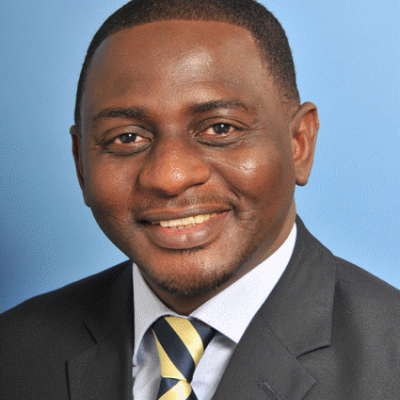
Professor Aliko Ahmed is a public health physician, epidemiologist and health strategist. He is currently a director in Public Health England (PHE). He has a special interest in sustainable health system solutions in Africa. He is a member of the global health committees of the Faculty of Public Health and PHE, chair of the Public Health Africa Initiative, and the co-convener of the Better Health for Africa Initiative. He is a senior fellow and professor at Cambridge and Staffordshire universities and Associate Fellow, Centre on Global Health Security, Chatham House.
The United Kingdom has become home for the next generation. There is abundant evidence that these Nigerian-British citizens will continue to excel and serve the NHS diligently. They have more opportunities open to them and are beginning to contribute to the technological innovations in the NHS.
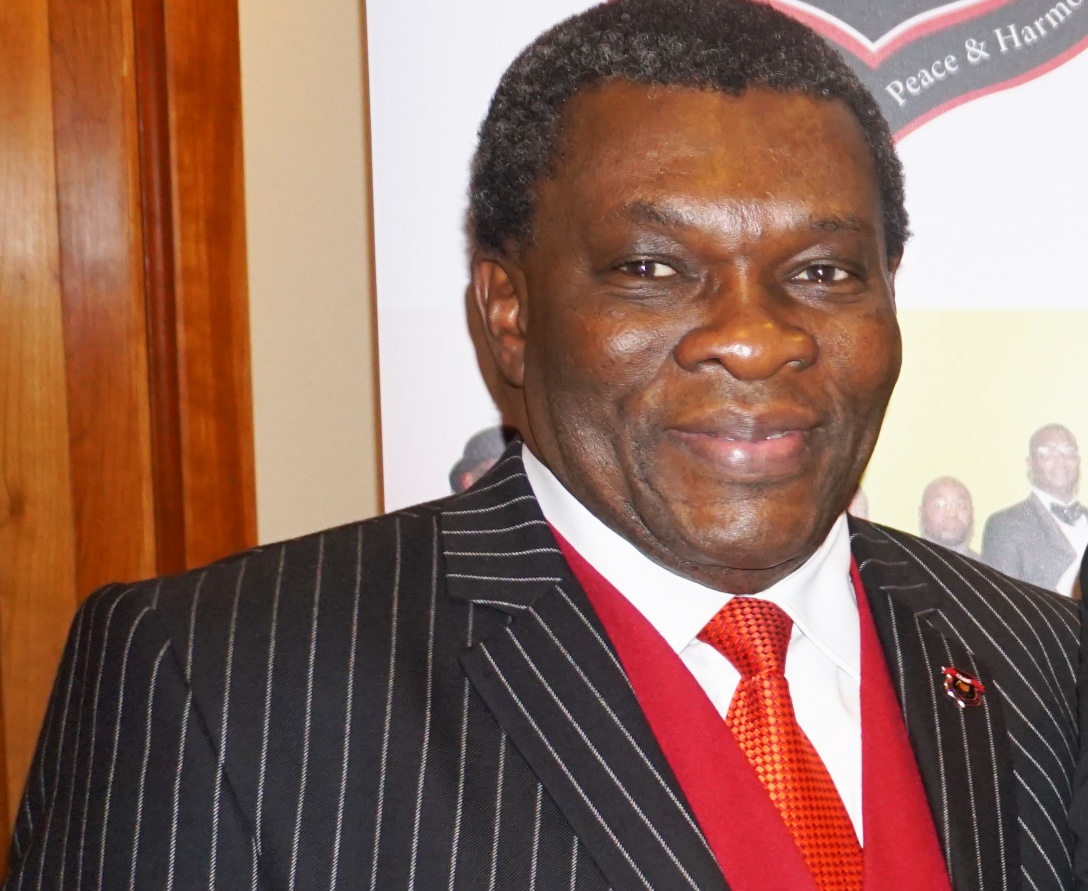
Professor Rotimi Jaiyesimi was one of the first Nigerians to be appointed as consultant in Obstetrics and Gynaecology in the NHS (1994). He is currently the Associate Medical Director for Patient Safety at Basildon and Thurrock University Hospital and visiting professor, Faculty of Law University of Ibadan. He was the HSJ National award winner for innovation for the development of an online electronic tool for in-hospital mortality review (the MARS tool). He has been described by his peers as an asset to the NHS.
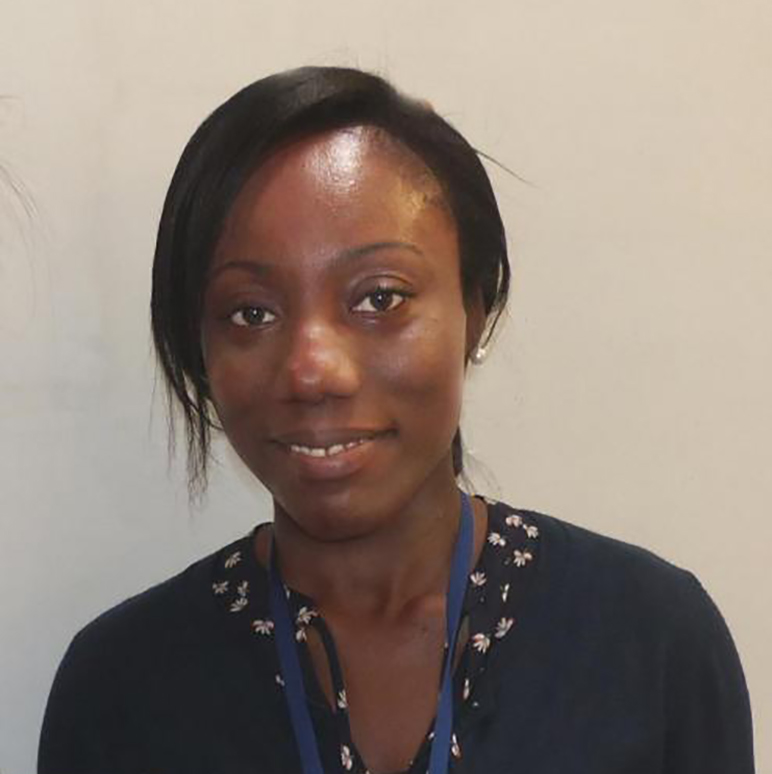
Abiodun Ogundana, in July 2018 received from Care Quality Commission CQC – ‘Individuals who have made a difference in NHS Trusts in Driving Improvements’, working with Cassie Pang, both pharmacists, created an app that has converted prescribing guidelines from paper to app. Abiodun is the Lead Antimicrobial and Nutrition Pharmacist at Basildon and Thurrock University Hospitals NHS Foundation Trust, Basildon, Essex.
The Nigerian diaspora
There are on-going initiatives to arrange for healthcare professionals in the diaspora to provide short and long term skills transfer services in highly skilled areas. It is our hope that while we serve the NHS, Trusts will support these initiatives, build global linkages and help strengthen the health system in low to medium income countries.
The future of the NHS
Lord Bevan had a vision. He could not have envisaged what has developed from that mustard seed. As part of the 70th anniversary celebration the government has provided an additional £20bn a year for England by 2023. Health and Social care has become more complex and this is compounded by a variety of factors. People are living longer and have more health challenging problems and there is an increase in non-communicable diseases due to our lifestyle. These will no doubt put pressure on the finances of the National Health Service.
Rather than expending on healthcare, government should address wellness programmes to ensure the scourge of chronic and non-communicable diseases such as obesity, diabetes, heart attack, cancer, stroke, dementia, chronic obstructive airway disease are prevented or at least, the incidence minimised.
Historically, there has been a demarcation between primary, secondary and social care with a resultant presence of holes for financial losses and a disjointed service. This led to competition for public funding from the central government. There is need in planning the future service to integrate these services which will see for a more organised patient journey and experience, with less financial wastage and improved access.
The future of the NHS will witness the introduction of electronic health modalities in the interface between patients and healthcare professions. These will include artificial intelligence, genomics, big data analytics to drive improvement and state of the art technology such as robotic surgery. These are capital intensive and steps must be taken to ensure their validity and effectiveness before their acceptance into the armamentarium of the health system.
Private sector involvement has gradually creeped into the services provided by government. While one does not argue that private companies may deliver quality service, it must be born in mind that they are accountable to their shareholders. The American healthcare experience and what we have seen with the financial burden on Trusts that went into private finance initiative (PFI). Private – Public Partnership (PPP) projects should serve a cautionary note about allowing the privatisation of the NHS. More private money comes with a greek gift. Taxation of non-essential and disease contributing pleasures should be promoted. Tax on alcohol, tobacco, sugar, salt among others.
We have to work smarter and invest the resources more effectively and efficiently. It is also paramount that the health of its workforce is ensured as this promotes staff retention and a happy workforce. Let us actualise our vision of a future NHS that provides quality and effective care at the point of need and irrespective of means to pay. As we work towards attaining the 2030 sustainable development goals, we should support and fund the future NHS that remains the pride of the nation, the best in the world.
References: [1] Dixon J. How the UK health care system can spend its extra funding well.
The Health Foundation https://www.health.org.uk/blog/how-uk-health-care-system-can-spend-its-extra-funding-well
Additional report is authored by Professor Rotimi Jaiyesimi, consultant in Obstetrics and Gynaecology in the NHS.
Kindly follow us on twitter:@AfricanVoice2


